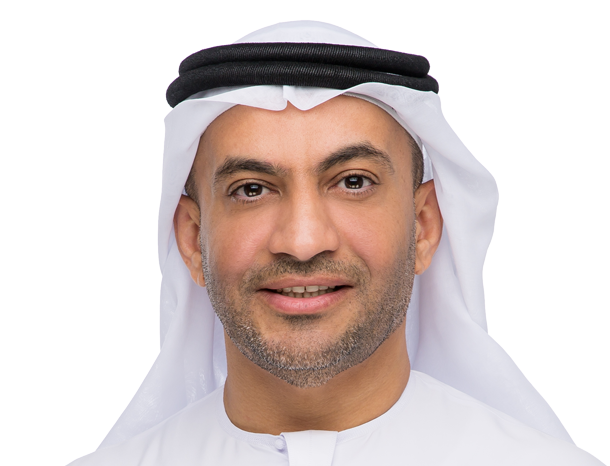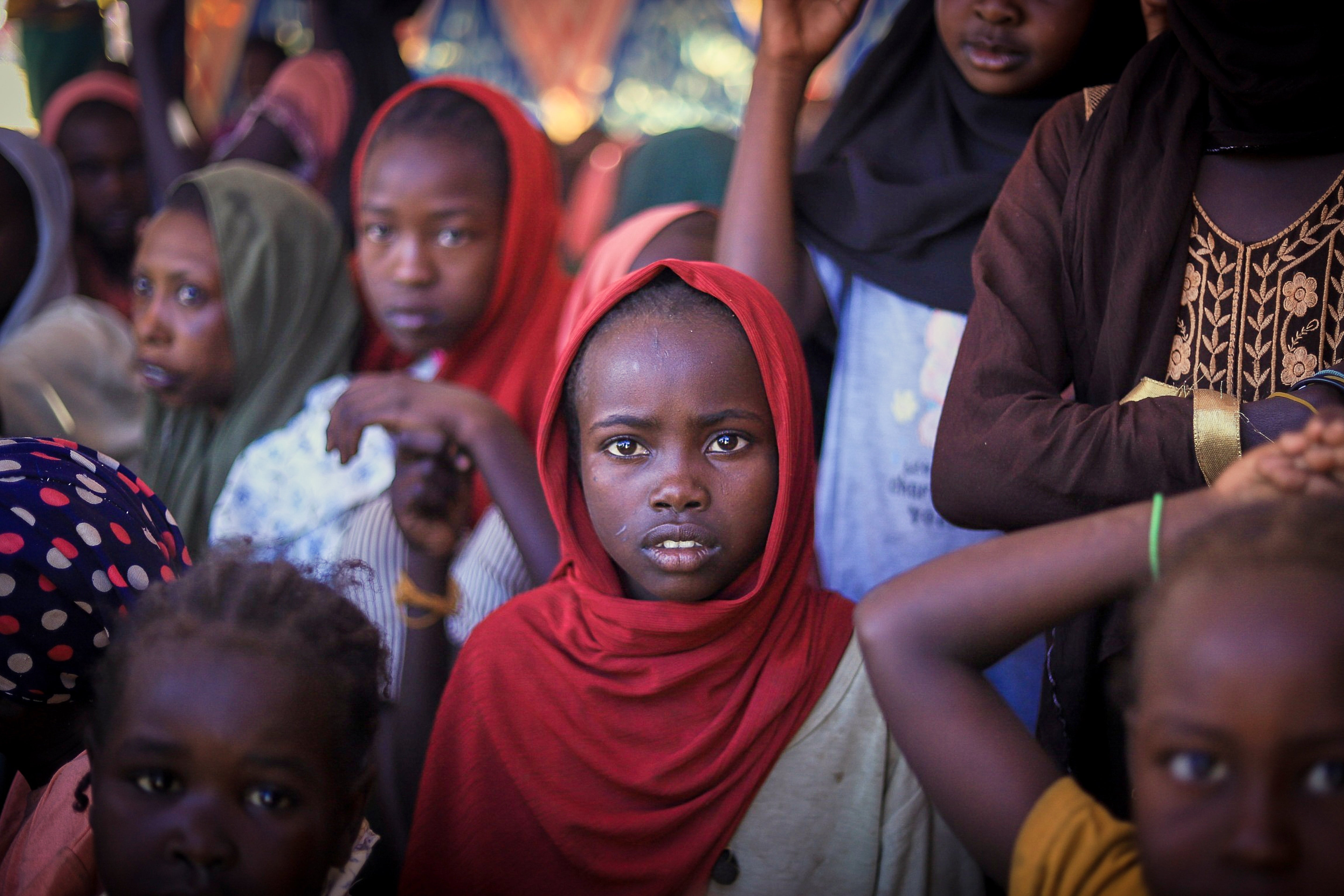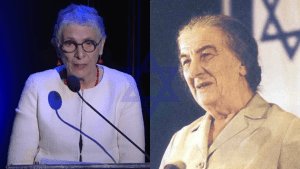Salem AlKetbi: The UAE and stabilizing Syria

The recent visit of HH Sheikh Abdullah bin Zayed Al Nahyan, Minister of Foreign Affairs and International Cooperation, to Syria aims to ensure stability in the Middle East region as the UAE continues its efforts to bring Syria back into the Arab fold and end more than a decade of Arab alienation with Damascus.
During HH Sheikh Abdullah bin Zayed Al Nahyan’s working visit to Damascus, he met with President Bashar Al Assad and senior Syrian officials. The visit is part of the UAE’s ongoing diplomatic efforts to restore security and stability in Syria.
This is His Highness’ second visit to Damascus. The first was in November 2021, with a key visit by President Assad to the UAE last March sandwiched between the two visits. His Highness’s visit embodies one of the most important qualities of Emirati diplomacy. It is the ability to take the initiative and put convictions into action on the ground. The UAE believes that the continued isolation of Syria is neither in the interest of regional security and stability nor in the interest of the Syrian people. Therefore, the UAE does not expect collective Arab solutions, which are unlikely to be implemented in the foreseeable future given the fragmentation, disintegration, weakness, and fragility of the Arab regional system. The UAE supports Syria and its people and is looking for solutions and ways out of the current situation, which, as HH Sheikh Abdullah bin Zayed Al Nahyan noted, affects all Arab countries.
The UAE’s move to support Syria was not the result of the last visit, but began in 2018 when the UAE reopened its embassy in Damascus after seven years of collective Arab estrangement. Since then, relations between the two countries have continued to grow, especially in the economic and trade fields. These are the most important areas that Syria and its people need. The UAE’s efforts and involvement in Syria do not whitewash the regime of President Bashar Al Assad, as the US side claims. The past few years have shown that it is wrong to bury our heads in the sand and ignore the facts on the ground. The public interest should not be put aside until the West turns its attention back to the problem of Syria and its people. This issue has lost importance on the priority list of Western diplomacy since the beginning of the crisis in Ukraine and even earlier.

Washington and the other Western capitals have no clear strategy on how to deal with what is happening in Syria and the future direction of the situation. They are content to protect their interests or what they consider to be strategic objectives in Syria and are comfortable with a state of non-strategy. They are settling for recycling the crisis without developing a clear vision or perspective for a solution to the Syrian situation that will ensure, first, the return of security and stability in Syria and, second, the Middle East region as a whole. The second visit of HH Sheikh Abdullah bin Zayed Al Nahyan to Syria, during which the UAE hosted President Bashar Al Assad, broke the cycle of formal Arab isolation towards the country and enabled Emirati diplomacy to bring together the Turkish and Syrian perspectives. All these steps and goals speak to the UAE’s realism, which looks at events logically past sloganeering and petty politics.
The focus is on the interests of communities and the ingredients for regional security and stability. This is the driving force behind Emirati diplomacy of problem zeroing. The UAE has moved closer to Turkey, is communicating with Iran, and has already signed a historic peace agreement with Israel, so further rapprochement with Syria seems natural and cannot be separated from the Emiratis’ overall moves at the regional level. These regional strides undertaken by the UAE are an example of serious efforts to address the various crises affecting many countries in the region. The ongoing crisis in Syria and the on-going insulation of Syria only protract the regional tensions and conflicts. This, in turn, begs for better political efforts and positions to break the deadlock, whether in Syria or elsewhere.
No doubt that the Middle East needs these diplomatic efforts by the Emirates when it comes to managing crises and ending a state of tension that no longer serves any purpose in several countries in the region. After all, in today’s labile international system, a collective effort from abroad to resolve these crises is not likely to be forthcoming any time soon.
The author is an UAE political analyst and former Federal National Council candidate. He can be found on twitter at @salemalketbieng
Want to chase the pulse of North Africa?
Subscribe to receive our FREE weekly PDF magazine













